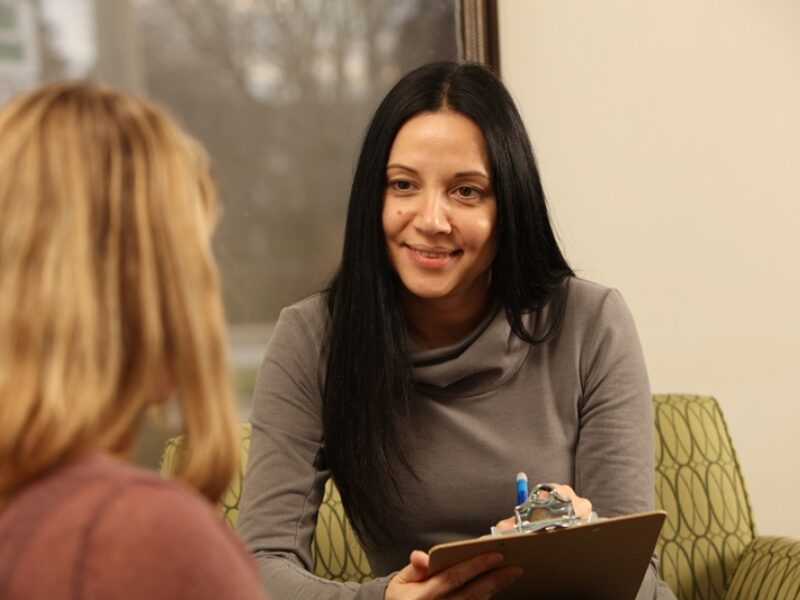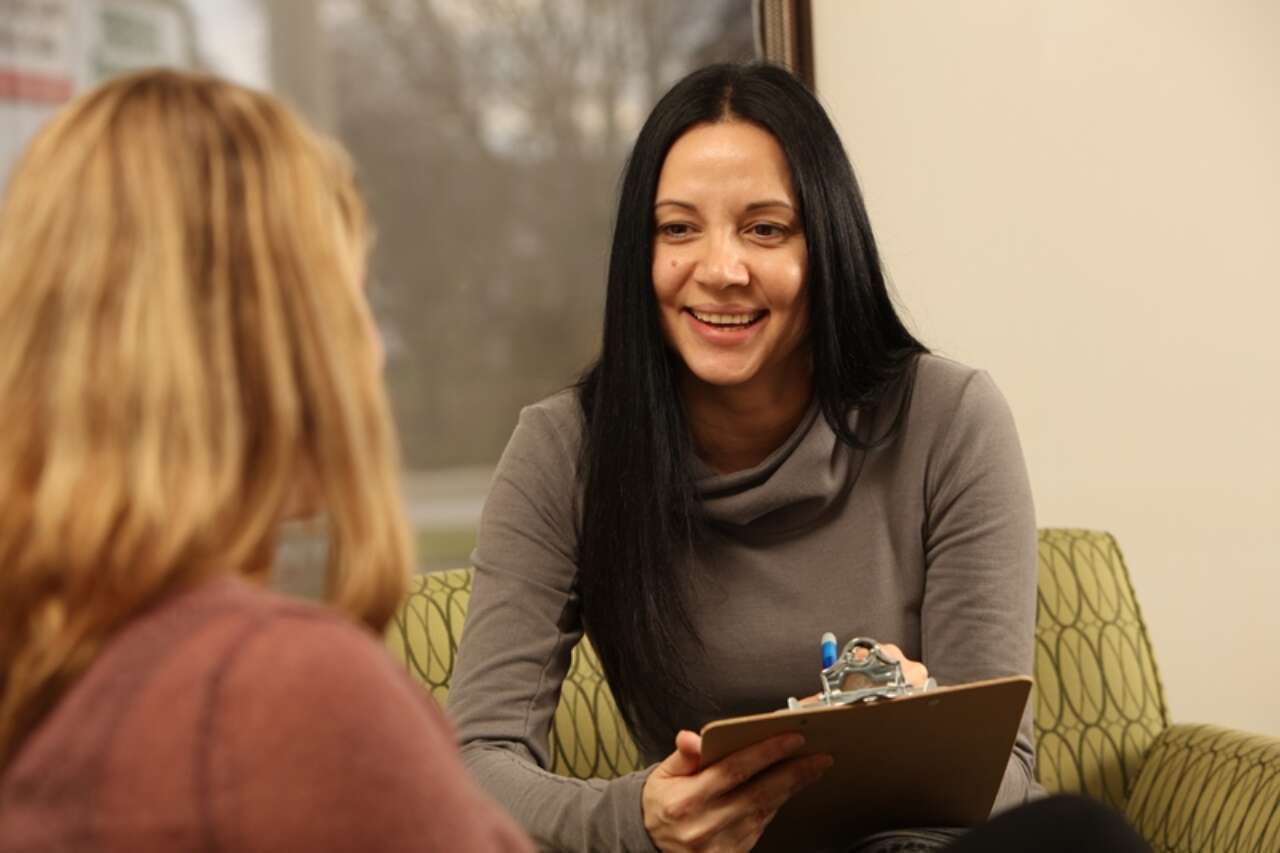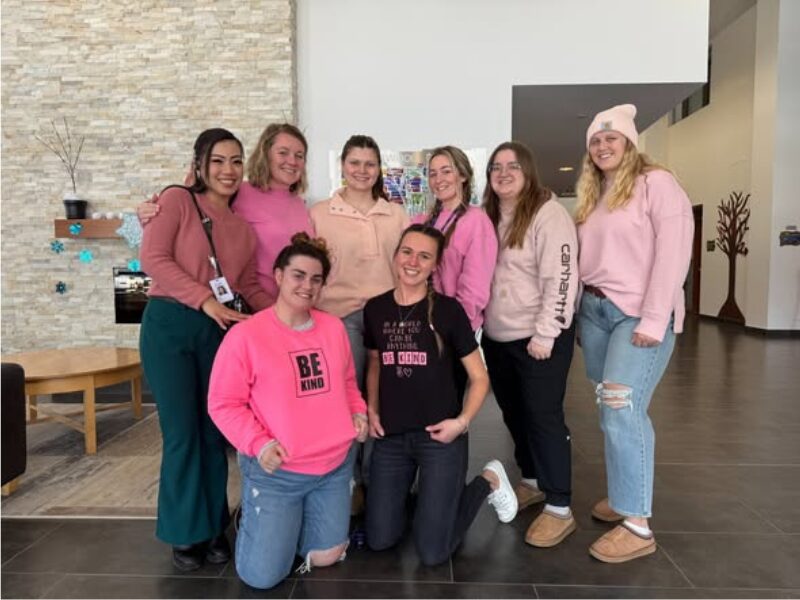Having a Trainee Involved in Your Child’s Care


You want what’s best for your child. You’ve learned about your child’s school, child care, and extracurricular activities to ensure that your child is in good hands all day long. Certainly, you want to be informed about who is involved with your child’s mental health care. Understandably, some parents/guardians may be unsure when they hear that a student or trainee will be involved with the assessment or treatment of their child’s mental health. As a PhD candidate and trainee in children’s mental health for over 9 years, I hope to ease some of these uncertainties by sharing who these trainees are and how having them as part of your team can help provide the high quality care you want for your child.
Who are they? Student, intern, resident….depending on the level of training and the work environment, trainees go by different names. Typically trainees come from a university or college program in a mental health related field such as Child and Youth Care, Psychology, or Social Work. They may be just starting out or have 10 years or more of post-secondary training and experience.
What do you need to know?
- Where are they in their training and what will they be doing with your child? You can expect the level of involvement to be in line with the amount of training the trainee has received to date. For example, in psychology, an undergraduate student or first year Master’s degree student will likely be observing the Psychologist or clinician and perhaps completing a small aspect of the assessment while being directly observed by the Psychologist. In contrast, a psychology resident at the end of their PhD program with hundreds of hours of supervised clinical experience may meet with you and your child independently and meet with the supervising Psychologist before and after. Alternatively, some trainees are embedded into the mental health care programs and provide services alongside and under the supervision of the employed staff such as being part of the classroom environment.
- Who will be the supervisor? All trainees work under supervision, and the ultimate care of your child remains the responsibility of the employed mental health professional. Furthermore, the trainee follows the same codes of professional and ethical conduct as outlined by the agency and the supervisor’s regulatory body (where applicable). Whenever possible, meet the supervisor and be sure to have their contact information should you have any further questions, comments, or concerns.
What is in it for your child? As trainees are studying at a university or college program, they are up-to-date on the current best practices in children’s mental health. Likewise, practicing mental health professionals who supervise trainees are often at the forefront of mental health trends as their trainees are constantly bringing in new information. Trainees often have fewer clients at one time and are, therefore, able to devote more attention to your child’s needs. Trainees also allow mental health service agencies to see more clients; therefore, your child may be seen sooner. As trainees are sharpening their skills, some appointments may be slightly longer or you may need to meet with the trainee or supervisor a time or two more to accomplish the set goals. This extra time ensures that all your questions regarding trainee involvement can be answered and that you also receive high quality care.
So what’s in it for the trainee? Trainees need experience. Placements, practicums, internships, and residencies allow trainees to sharpen and integrate their knowledge and direct skills in a way that also supports the children and youth of the community. They may also receive a course credit or small stipend for their work.
Above and beyond the direct benefits to your child and the trainee, the trainees’ experiences help shape the type of mental health service providers they ultimately become. The supervisor/trainee training model provides a strong foundation for the continuation and improvement of children’s mental health care services in our communities.
What can you do if you have concerns? If you have questions, comments, or concerns about the trainee or service they are providing, you should talk to the trainee and/or their supervisor about your concerns and discuss solutions or possible alternatives that may be right for you and your child.
As an eager trainee, I consider it a privilege to work as part of a team focused on a child’s future, and I thank parents for the opportunity and for supporting the future of children’s mental health services.
Instagram Feed
"Our case worker was an amazing resource and HUGE help to our whole family. I truly don’t know where we’d be today without her!"












